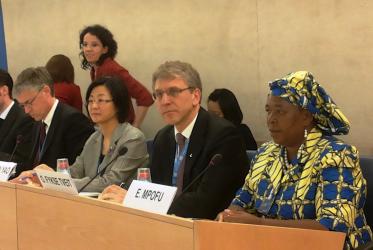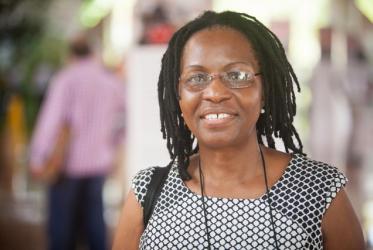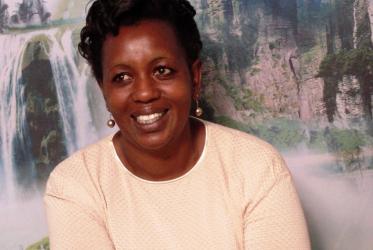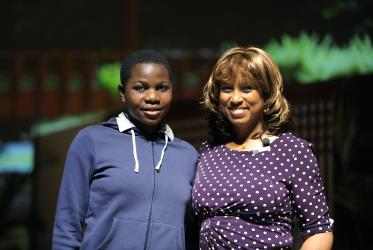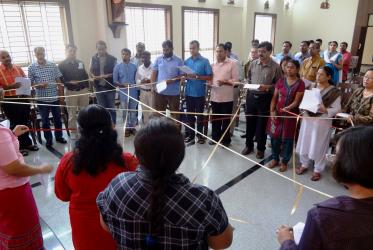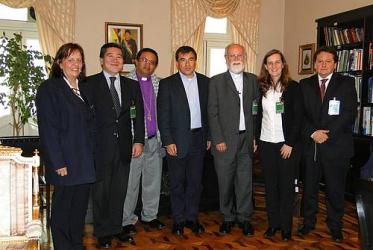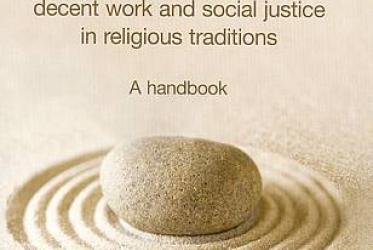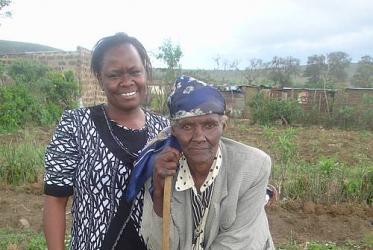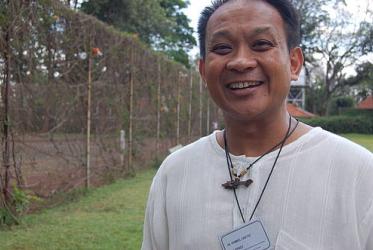Displaying 141 - 160 of 174
Issues of justice in focus at WCC Busan assembly
06 November 2013
Indian churches reflect on the WCC assembly theme
26 August 2013
Inspiring African churches to uphold women's dignity
13 June 2013
Statement on global economy delivered to Bolivia
15 January 2013
Reducing the threat of HIV remains a challenge
04 July 2012
Working together for social justice and decent work
23 January 2012
Fighting ignorance, fear and stigma through Bible study
09 December 2011
Challenging gender inequity in pursuit of women's health
02 November 2011
Water: a political issue needing political solution
27 October 2011

